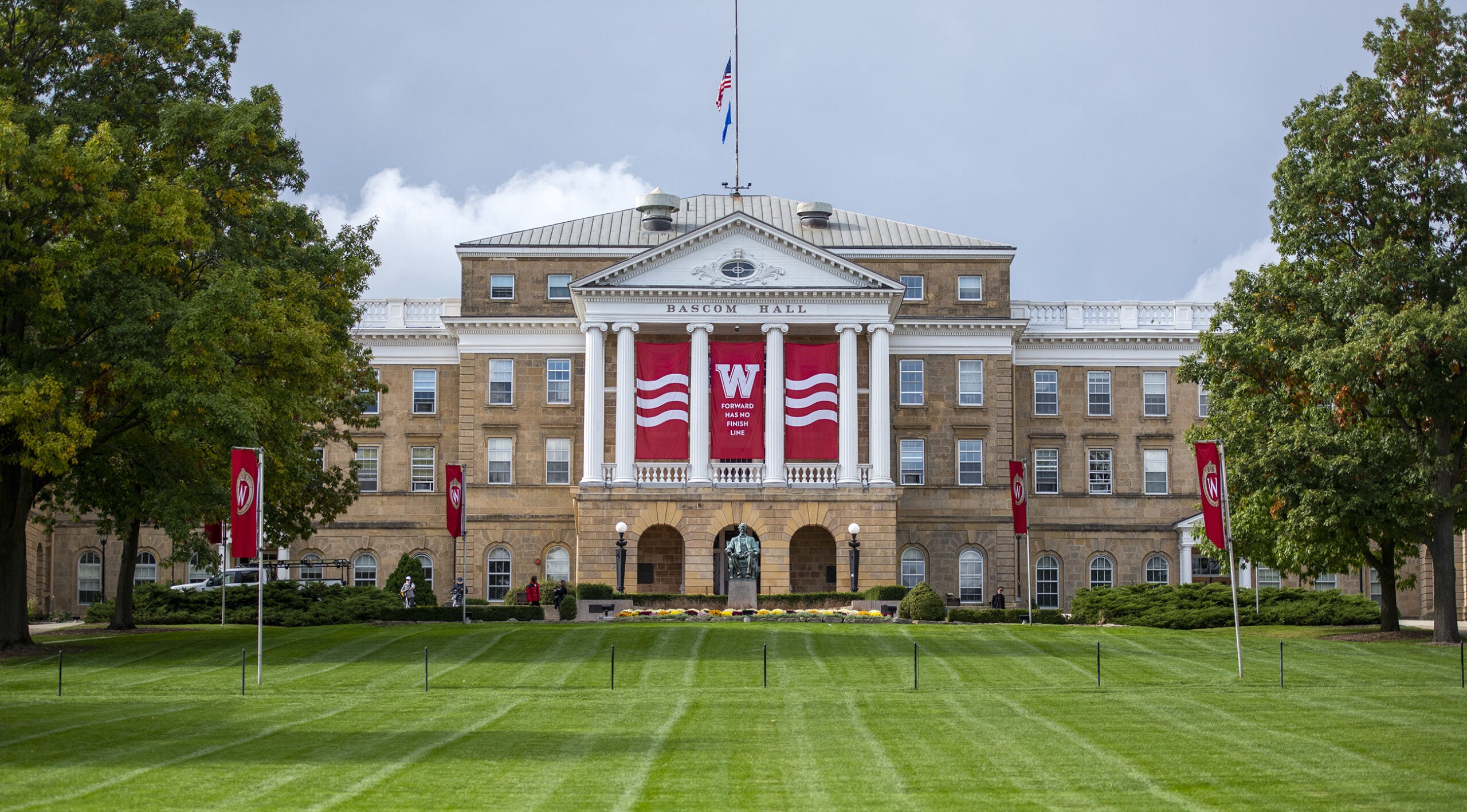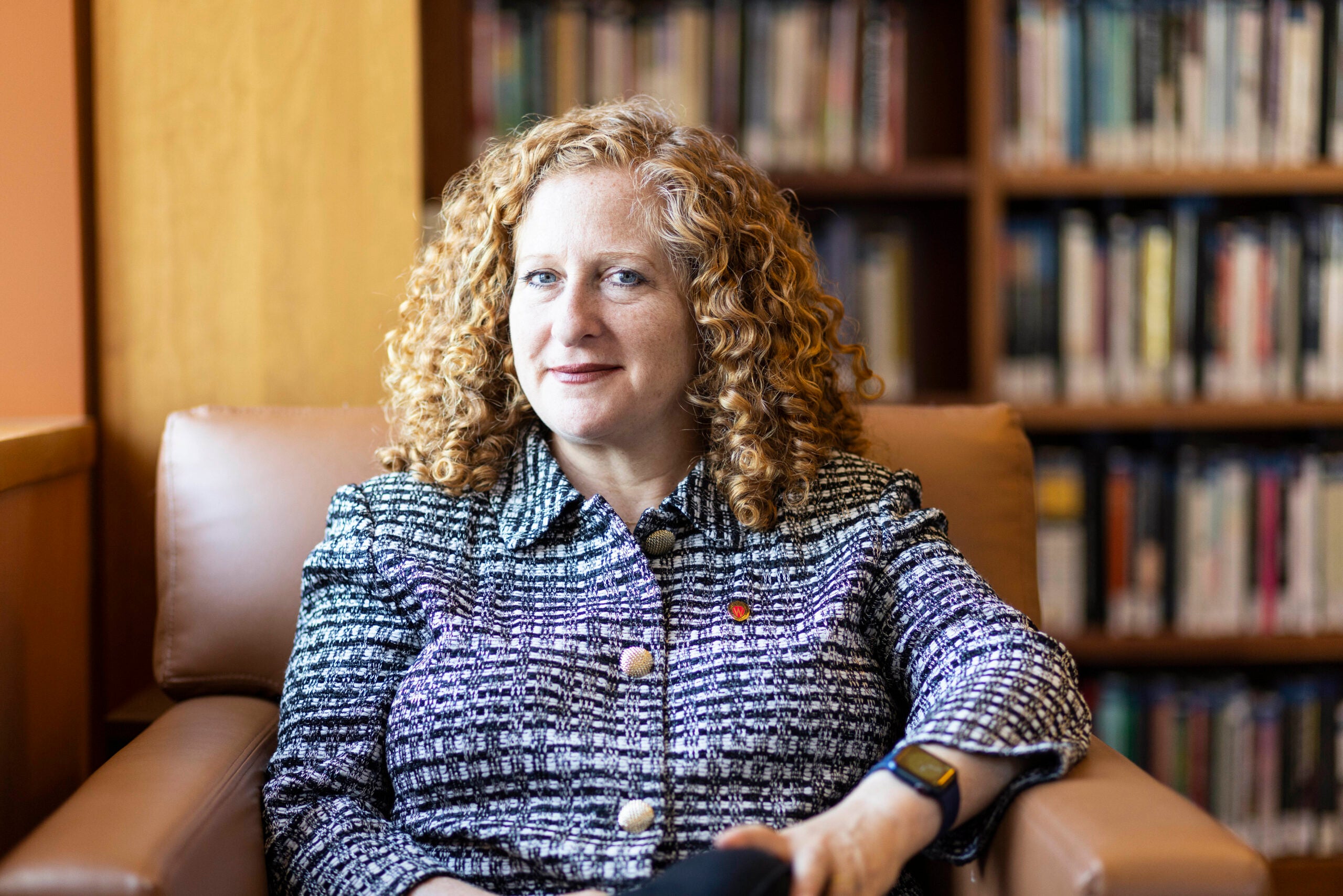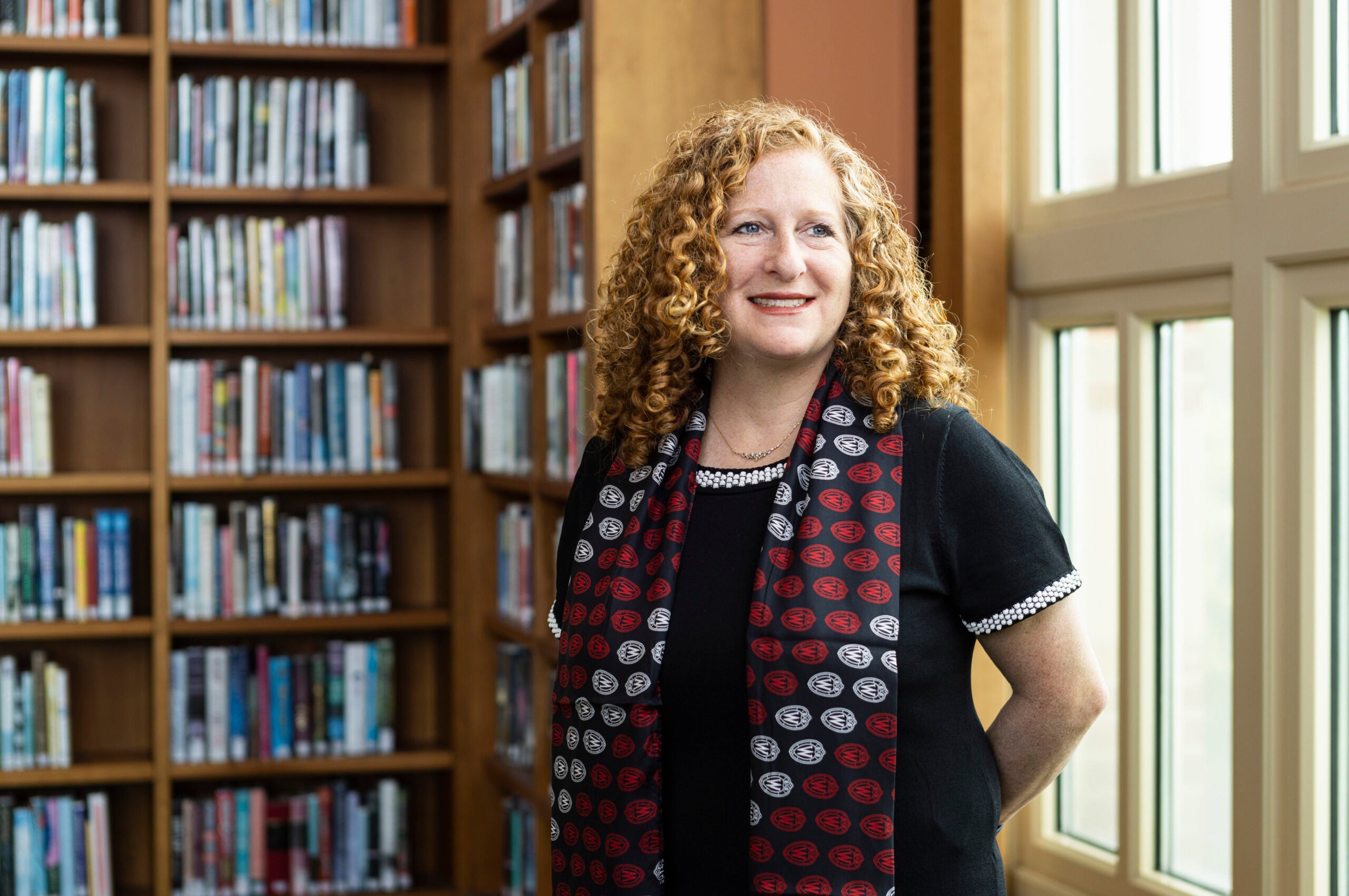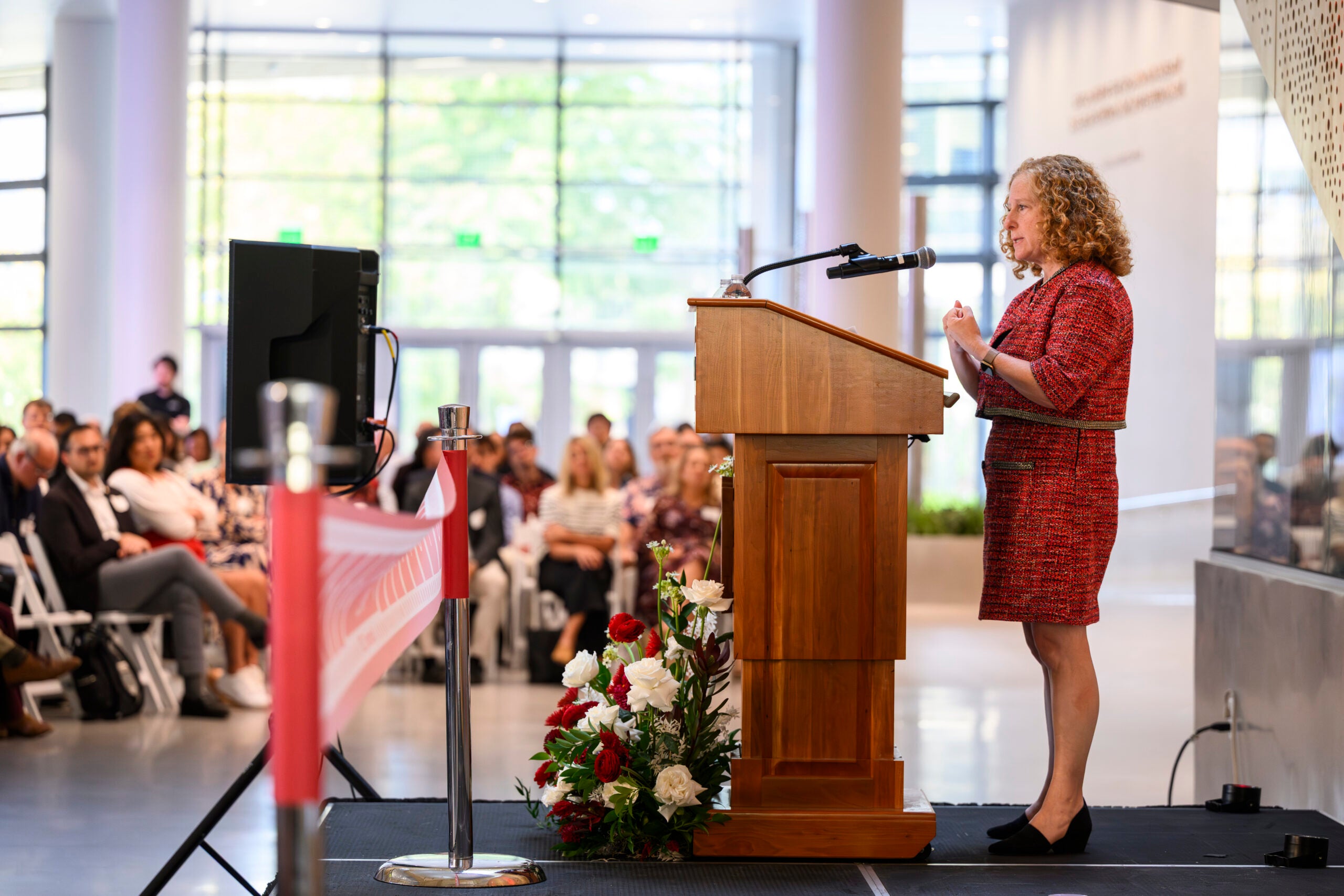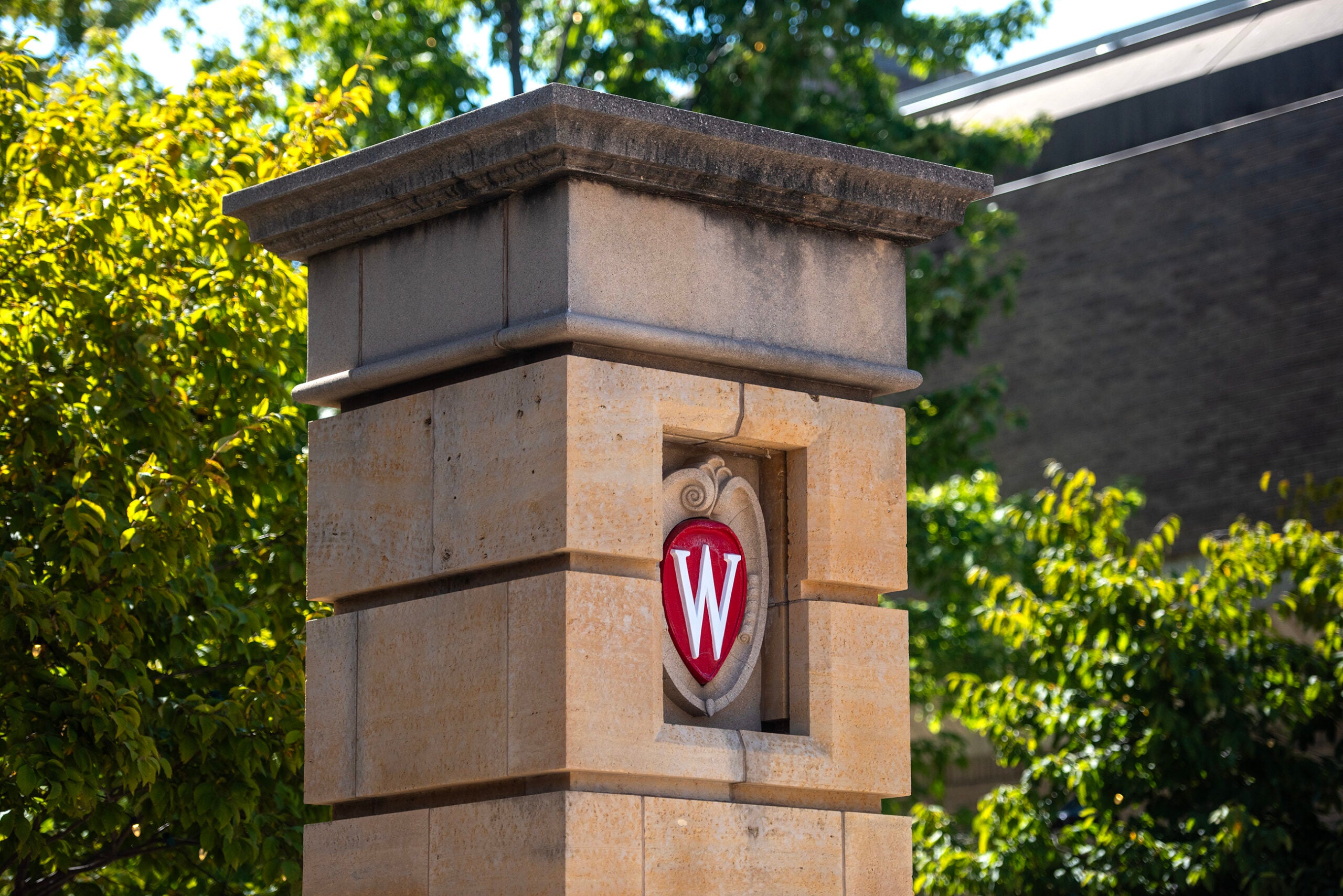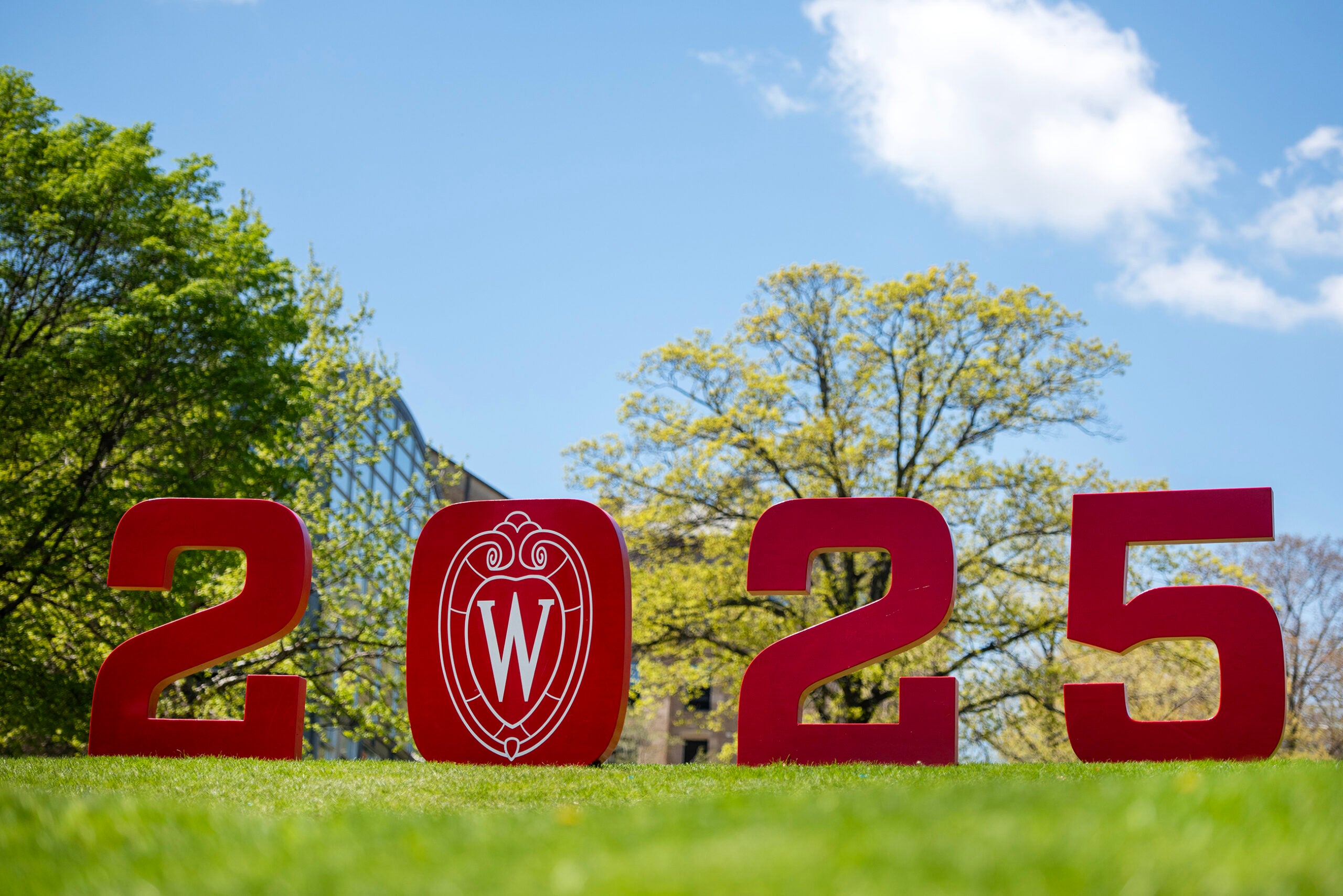The University of Wisconsin-Madison plans to recruit up to 150 new faculty members over the next three to five years for a research initiative focused on artificial intelligence.
UW-Madison Chancellor Jennifer Mnookin announced the creation of the Wisconsin Research, Innovation and Scholarly Excellence (RISE) Initiative during the Board of Regents meeting Thursday.
The first area of focus will be artificial intelligence, Mnookin said. That will include looking at ways artificial intelligence is likely to change the way humans interact.
News with a little more humanity
WPR’s “Wisconsin Today” newsletter keeps you connected to the state you love without feeling overwhelmed. No paywall. No agenda. No corporate filter.
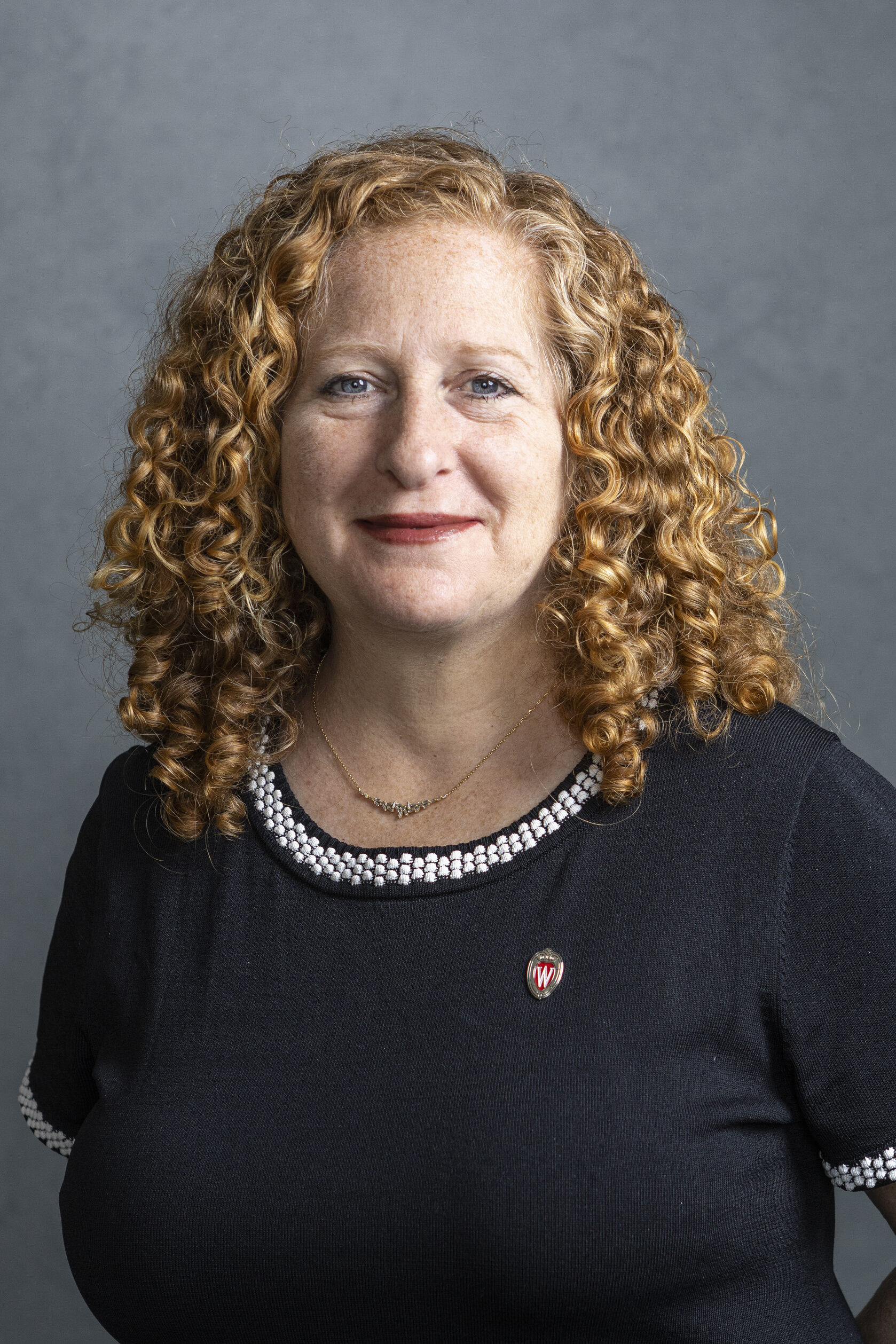
About 50 new faculty members will be hired to work across campus in areas of engineering, computer science, social sciences, humanities and human ecology.
“One of the first things is going to be to think about the human dimensions of AI and how we keep AI human centered,” Mnookin said while meeting with reporters before the Regents meeting. “How we try to work to make AI a force for good rather than the alternative.”
RISE will be led by Provost Charles Lee Isbell, Jr. He joined the university in August 2023, coming to Madison from the Georgia Institute of Technology, where he chaired the College of Computing.
Isbell said he has been studying AI for more than 30 years. But now that the technology is permeating everything from medicine to journalism, he said, researchers from a variety of fields need to come together to understand what it means for the future.
“AI is a broad term, it means a lot. And this will be purposely broad,” Isbell said. “AI is a big thing that’s affecting all of us.”
RISE initiative will focus on several areas of research
The RISE initiative will also focus on other areas of research, which will be announced at a later date, Mnookin said.
The university plans to recruit between 120 and 150 faculty members for the program over the next three to five years. That’s on top of the normal 130 faculty members hired annually at UW-Madison.
The new faculty members will be funded by a mixture of growing revenue from research UW-Madison has done in recent years, enrollment growth and philanthropy, Mnookin said.
The Wisconsin Alumni Research Foundation (WARF) has expressed interest in supporting this work, she said.
RISE could lead to increased ranking in HERD survey
UW-Madison topped $1.5 billion in research expenditures for the first time in 2023, according to the National Science Foundation.
The university is ranked 8th among the nearly 900 public and private universities surveyed by NSF.
UW-Madison’s ranking with the organization has slipped from 6th place, and Mnookin said moving back up in the NSF Higher Education Research and Development (HERD) Survey is in the strategic plan.
But she said that isn’t why the RISE initiative is being launched.
“It is a hope that this initiative will accelerate our research expenditures,” Mnookin said. “But that isn’t the why. The why is to be able to do the research to have increased engagement about the most important questions.”
Wisconsin Public Radio, © Copyright 2026, Board of Regents of the University of Wisconsin System and Wisconsin Educational Communications Board.

